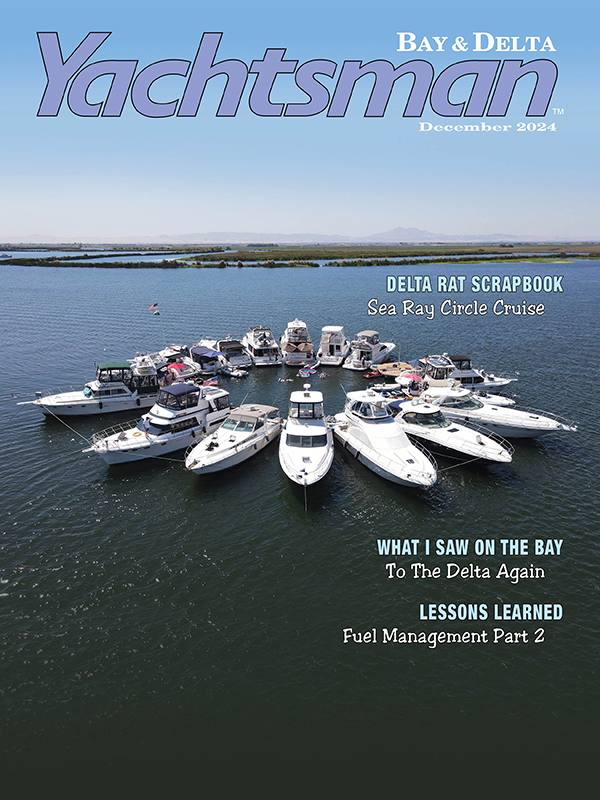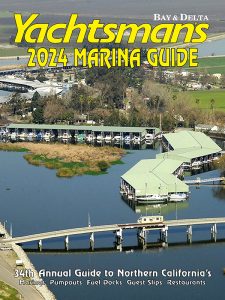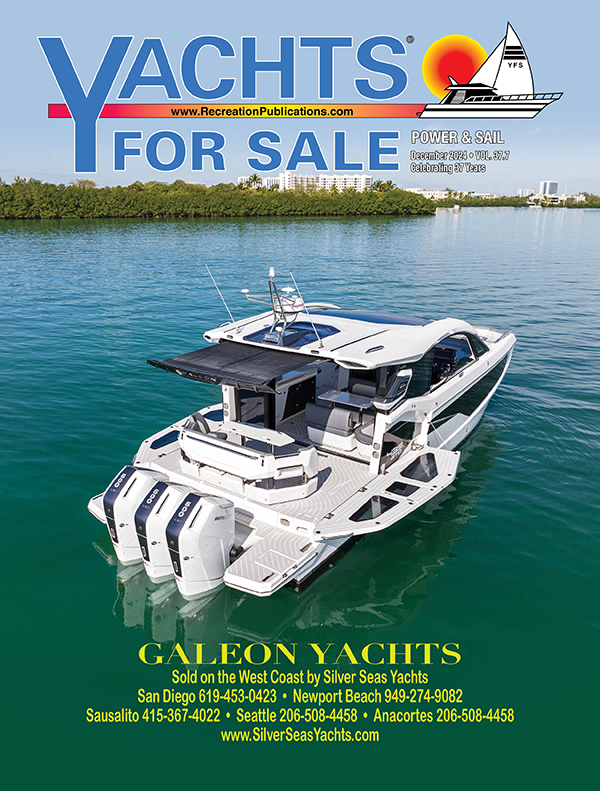Marine Science Institute – by Ty Mellott

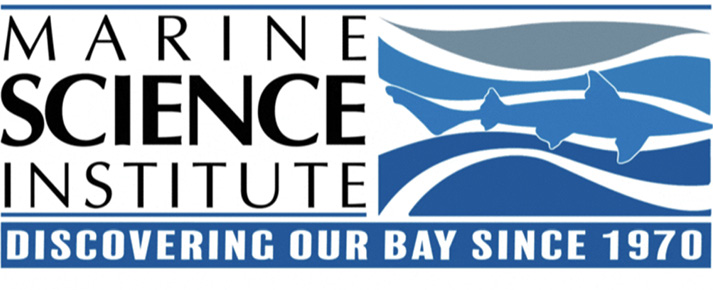
The Marine Science Institute was founded in 1970 by Robert and Carolyn Rutherford at a time when the topic of water resources was a major concern for many Bay Area residents.
The idea of placing children of the area in touch with their local Bay environment would help cultivate their natural curiosity, build their understanding of science and more importantly plant the seed of responsibility to protect the environment for future generations. Prior to its founding, few opportunities were provided to introduce students to the very surroundings many lived near. MSI has given opportunity to experience the flora and fauna of the San Francisco Bay which successfully bridged the gap between environmental concerns and education.
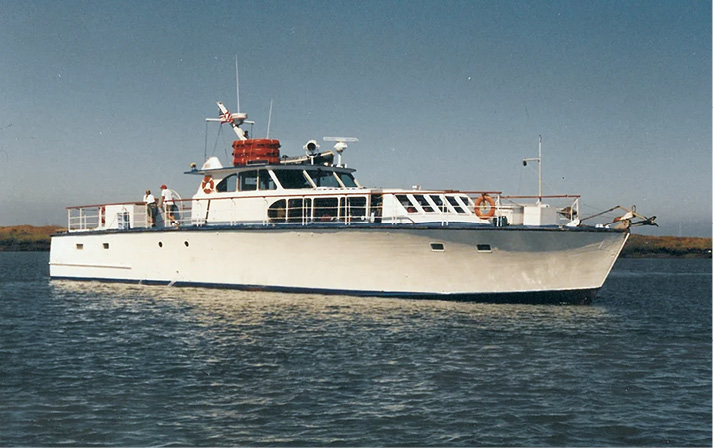
The Discovery Voyage was MSI’s first program and was met with great success. Using their 65-foot research vessel Inland Seas, students were taken out on the water where they came into contact with live animals, used scientific equipment and participated in hands-on science. In 1992 MSI created land-based programs to accommodate more students and welcome younger participants. These programs include the Shoreside, Inland Voyage and Tidepool programs. In addition, MSI has added the 90-foot research vessel Robert G. Brownlee.
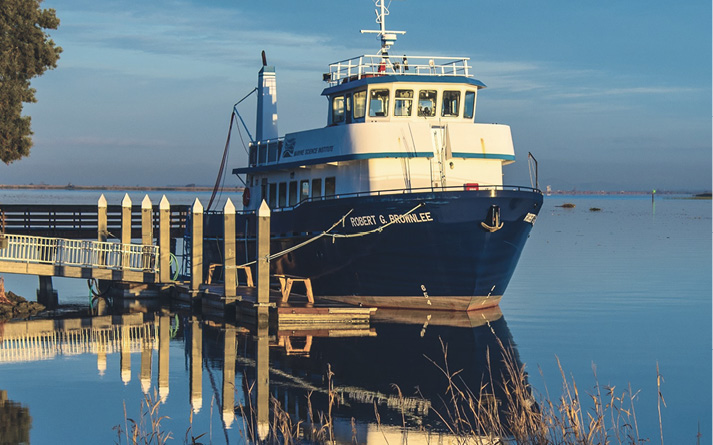
In its first year, the Discovery Voyage program served about 4,000 students. Today, the Marine Science Institute educates roughly 50,000 students and adults annually through all of its programs. It has become a leader in environmental education, and to this day stays true to its philosophy of inspiring respect and stewardship through experiential learning.
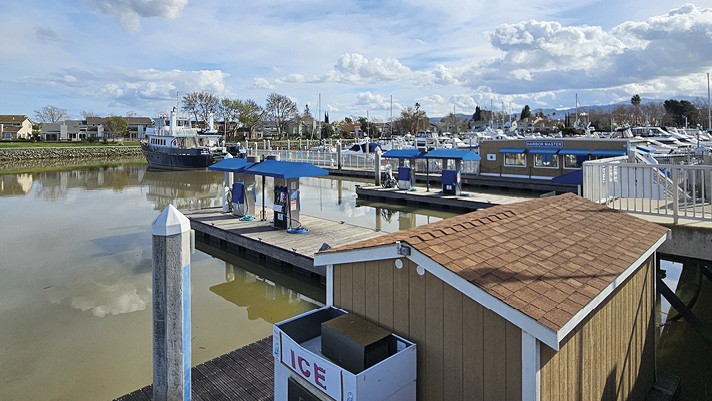
I have known of the Marine Science Institute located in Redwood City as well as their research vessels that frequent the Delta area. However, I must admit that I did not know nearly as much as I thought I did. That was until one day in early February of this year when our granddaughter told me that she was going on the Delta on Valentines Day. I wanted to know all the details of who, other than myself, was taking her on their boat. I was thrilled that it was with the Marine Science Institute group and could not wait to hear her take on the day. We have done our best to educate our friends, kids and grandchildren of the importance that the Delta holds to our ecosystem. When I learned that her fifth-grade class had been scheduled for a day on the Robert G. Brownlee, I was excited that she would be learning from the best.
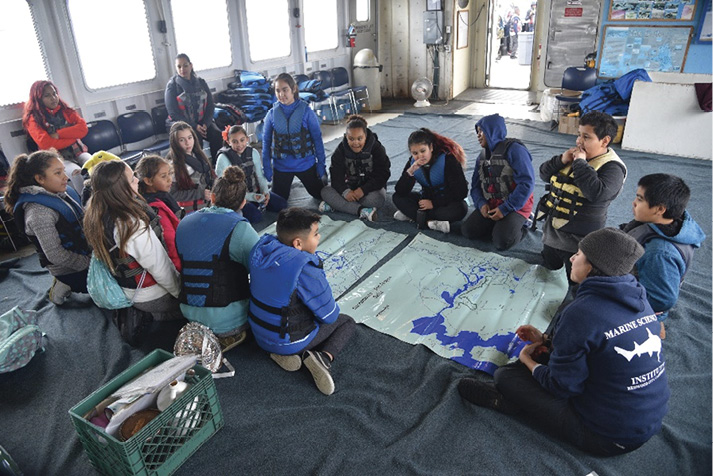
The following is from the perspective of her fifth-grade teacher:
Interactive, educational and fun. These are the three adjectives most used by my students to describe the Marine Science Institute’s Delta Discovery field trip. My fifth graders and I were lucky enough to explore the vessel and take to the open waters of the Delta for this interesting and informative field trip. Before boarding, I had several students with apprehensive faces as they had never been on a boat before or were unsure about the quality of a water field trip. Upon debarking, however, all you could see were smiling faces. The crew and creators of this field trip have taken into consideration every single thing your student might need. They were prepared and willing to answer any and all questions and let me tell you my students had a plethora of questions. They were well-versed in the information that they were presenting and they not only made it informational, they also made it fun and could connect to students at their level.
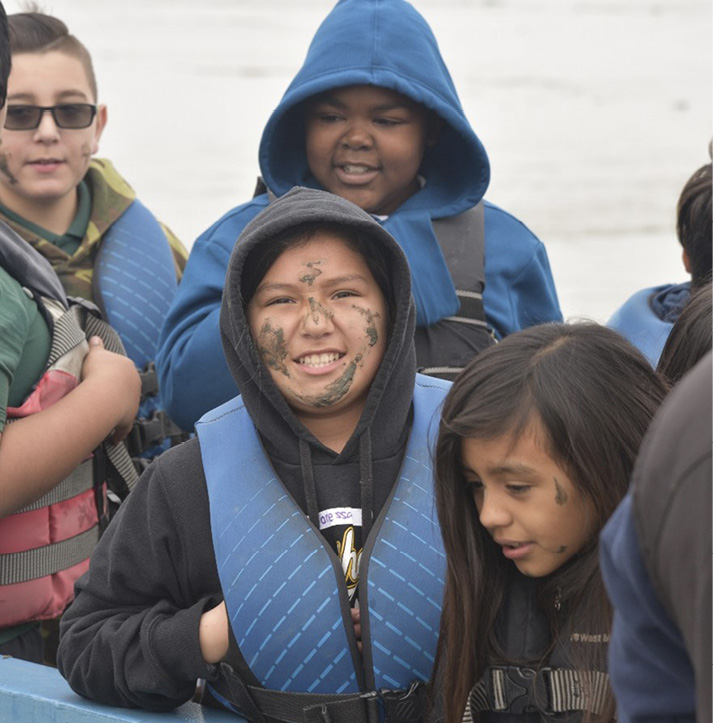
When you get up on the boat, there are a series of stations that they will take you through, after going through boat safety, of course. My students now know that the benthos level of the Delta is where the bottom dwelling community lives. A scoop device is lowered and bottom sediment is brought to the deck of the boat to examine.
Apparently, it is tradition to paint your face with some of the soil brought up as many of the kids did so. They also now know that they can see a lot of sea creatures in a microscope that they could not see with their naked eye.
My students learned how to properly identify fish and how to humanely catch and release them without using any hooks. My students can now tell you where our drinking water comes from, and they were prepared to describe the different ways they could prevent pollution.
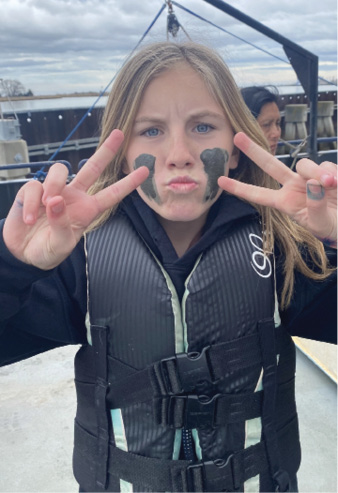
To get the students ready for this Delta Discovery field trip, the company sent printable material that had word searches, crosswords and interactive infographics for the students to learn all about how the water cycle, our drinking water and pollution affects the water that we use today.
I have done this field trip several years in a row and each year I can’t get over how happy the students are afterward. We have done several field trips with this group and this was by far their favorite. Having a hands-on experience made for lasting core memories for my fifth graders and I know they will never forget it. If you would like more information, please contact Ashley Salazar to learn more about all the different field trips and interactive ways you can get involved with how your water is used. If you’re interested in donating, please contact them as well as this was a very cost-effective field trip for us and the instructors generously gave their time to teach us something new about something we use daily.
Thanks to Karen Peluso-Galaviz of MSI for providing the following information concerning the institute’s visit to Contra Costa County earlier this year:
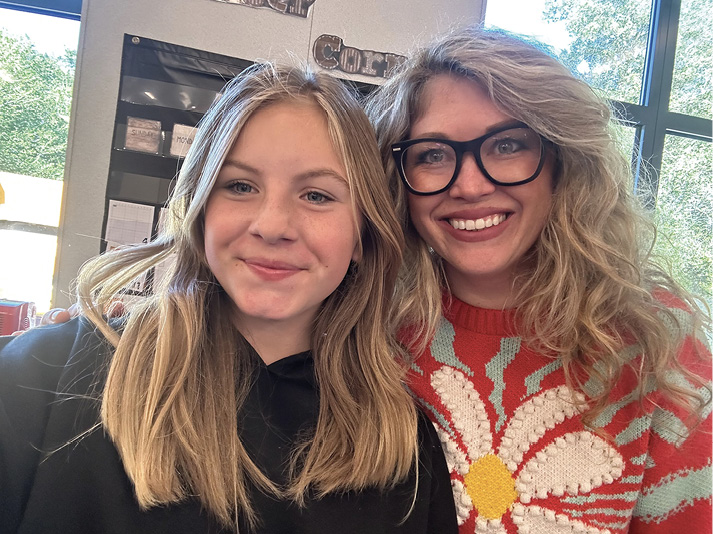
The Marine Science Institute (MSI) is thrilled to announce the successful return of its 90-foot research vessel, the Robert G. Brownlee, following an incredible eight weeks of student explorations of the Sacramento-San Joaquin Delta.
Through 59 inspiring 3.5-hour journeys, nearly 3,400 Contra Costa County fifth graders had thrilling, immersive experiences in marine science and environmental education that deepened their appreciation for our natural world.
Throughout each voyage, students engaged in hands-on activities – studying the fish they caught in the trawl net, operating a benthic grab to study Delta invertebrates, examining Delta plankton with a microscope – allowing them to gain invaluable insights into how their actions affect the Delta, the Delta’s vital role in providing fresh drinking water and supporting diverse life in the ecosystem. These experiences not only deepened their understanding of marine science but also fostered a sense of stewardship towards our precious natural resources.
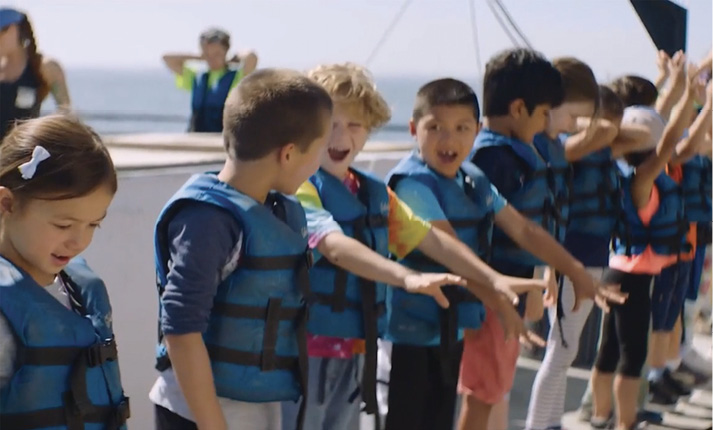
MSI extends its heartfelt gratitude to the 2024 Delta Discovery Voyage funders – Contra Costa Water District, Central Contra Costa Sanitation District, Delta Diablo, Golden State Water Company, Marathon Petroleum, CalEPA, Corteva Agriscience, Dean and Margaret Lesher Foundation and the Contra Costa County Fish and Wildlife Committee for their unwavering support and collaboration. It is through their generosity and dedication that these remarkable student journeys were made possible. In the 20 years since the Delta Discovery Voyage Program began, the commitment of these agencies, corporations and foundations to environmental education has opened doors of opportunity for tens of thousands of young minds in Contra Costa County, instilling in them a passion for marine science and environmental sustainability.
Looking ahead, MSI remains steadfast in its commitment to environmental education and stewardship. With the support of our sponsors and partners, we will continue to provide engaging and immersive experiences that inspire the next generation of environmental stewards. Together, we can nurture a better understanding of our natural world and empower young individuals to safeguard our planet for years to come.
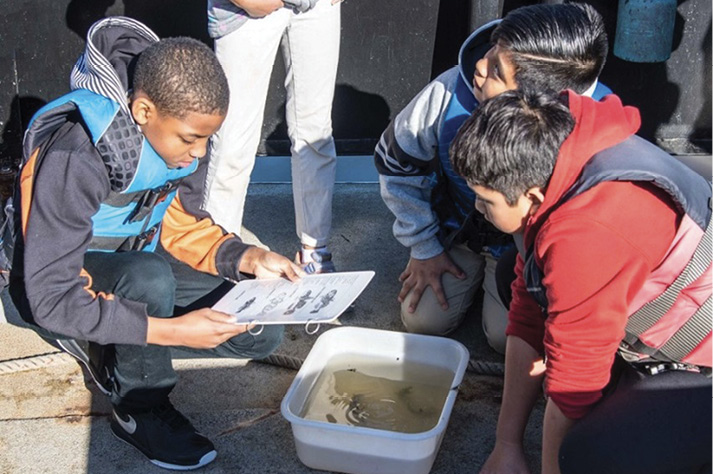
Addi’s experience with the Delta and boating began when she was three months old. She is very knowledgeable when it comes to boating as well as the environmental importance of her Delta. It was a welcome change of roles as she came home that afternoon and educated her family in all the things she had learned. If this opportunity is presented to her and or some of our other grandchildren again, I hope they have room for one more ~ me!
If you would like to visit the Marine Science Institute, they are located at 500 Discovery Parkway, Redwood City, CA 94401. There is a good possibility that their vessel will be at the Pacific Sail & Power Boat Show at Westpoint Harbor in Redwood City from May 16-19. If you are attending the show, stop by and visit their ship and staff.
For info on the Marine Science Institute you can reach out to
Ashley Salazar, School Programs Coordinator Ashley@sfbaymsi.org or 650-364-2760 ext. 10 or
Karen Peluso-Galaviz, Head of Program Department/Ship Program Manager karen@sfbaymsi.org or 650-364-2760 ext. 15.

